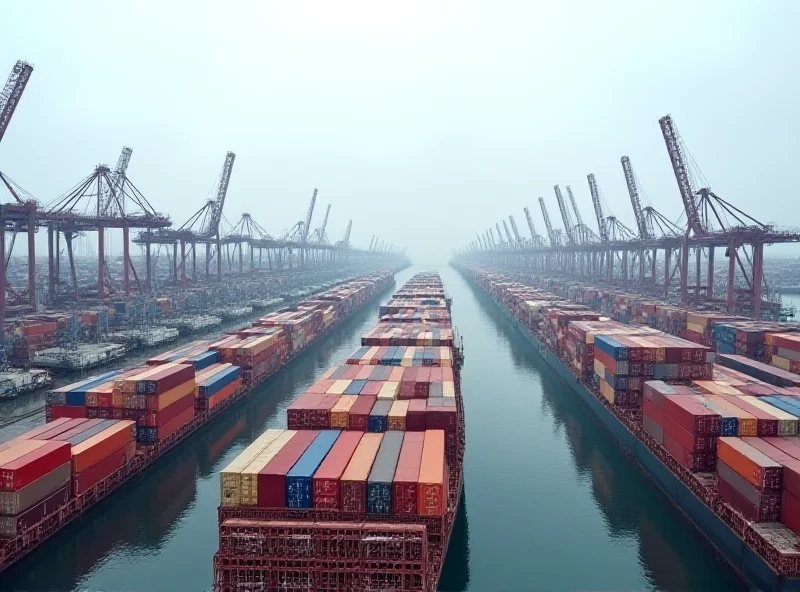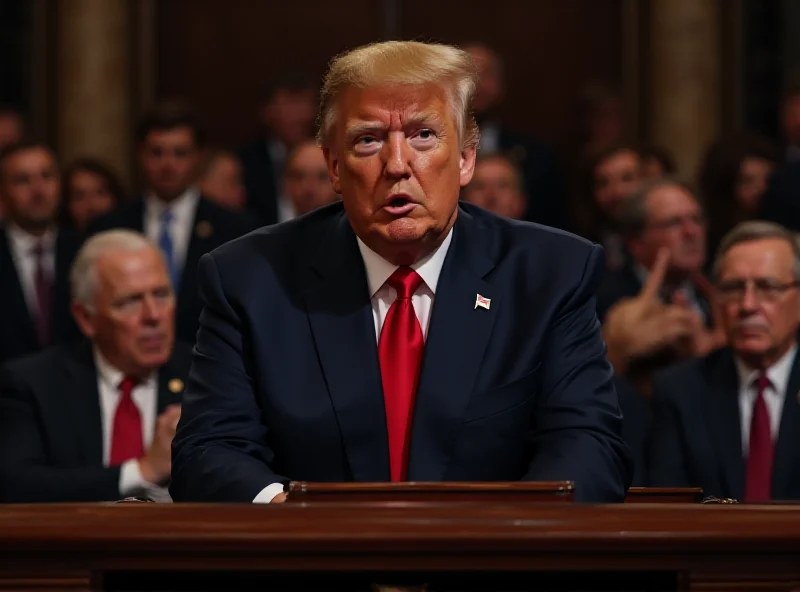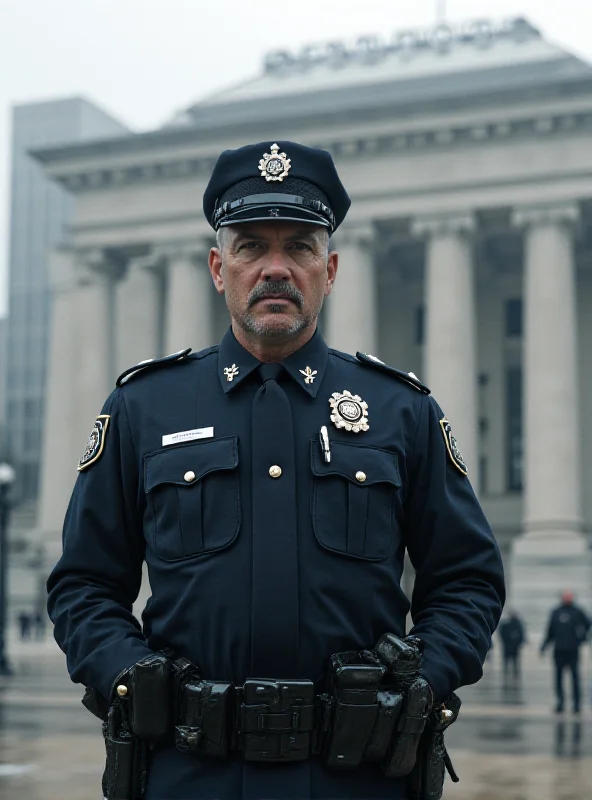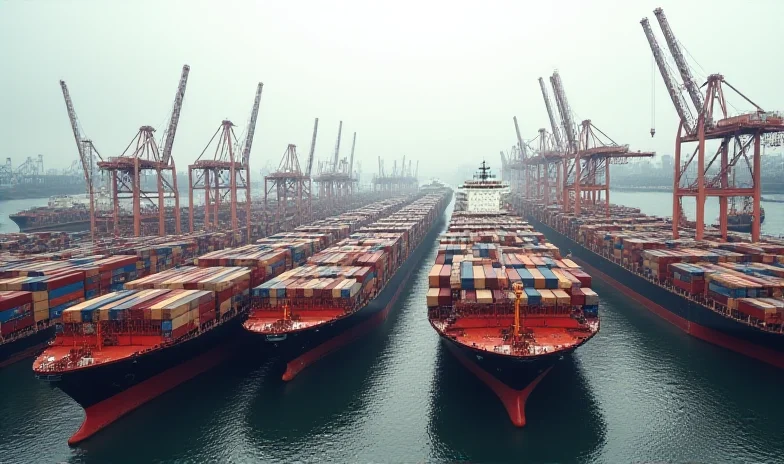Donald Trump's second term in office has been marked by a series of bold and often controversial decisions, drawing comparisons to his days as a real estate tycoon. From escalating trade wars with China to a perceived shift towards a "police state," Trump's presidency continues to generate significant debate.
Trade Wars and Retaliation
Early in his second term, Trump enacted an executive order to increase tariffs on Chinese imports. Beijing responded swiftly, raising their own tariff rate from 10% to 20%. This move was widely seen as a direct counter-attack, specifically targeting U.S. agriculture.  The back-and-forth tariffs highlight the ongoing trade tensions between the two economic superpowers. This rapid escalation of tariffs shows a willingness to use economic pressure as a tool in international relations.
The back-and-forth tariffs highlight the ongoing trade tensions between the two economic superpowers. This rapid escalation of tariffs shows a willingness to use economic pressure as a tool in international relations.
A Partisan Address to Congress
Following his first six weeks back in the White House, President Trump delivered what was described as a "boastful and partisan" address to a joint session of Congress. The speech, analyzed for its key takeaways, further solidified the perception of a divided political landscape. Many observers noted the lack of bipartisan appeal and the focus on core supporters.
“It was a speech designed to energize his base,” commented one political analyst.  “He doubled down on the rhetoric that got him elected.” This divisive approach has been a recurring theme throughout his presidency.
“He doubled down on the rhetoric that got him elected.” This divisive approach has been a recurring theme throughout his presidency.
Building a "Police State"?
Perhaps the most controversial aspect of Trump's second term has been the alleged shift in government priorities. Critics argue that while social services, environmental protection, and scientific research are being cut, investments in defense, border control, and prisons are increasing. This trend, they claim, points towards the construction of a "police state."
Judith Levine wrote:
"While we’ve had our eyes on the wrecking ball – Doge pulverizing social services, environmental protection and scientific research, we’ve hardly taken notice of what is being constructed. In the footprint of the already shabby, now half-demolished US welfare state, the Trump administration is building a police state."
 This sentiment is echoed by many who fear the erosion of the welfare state and the increasing militarization of domestic policy. The long-term consequences of these policies remain to be seen.
This sentiment is echoed by many who fear the erosion of the welfare state and the increasing militarization of domestic policy. The long-term consequences of these policies remain to be seen.
Trump's second term continues to be a period of significant change and controversy, with lasting impacts on both domestic and international affairs.
